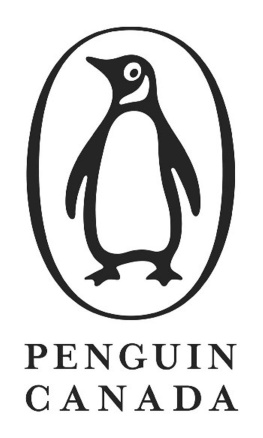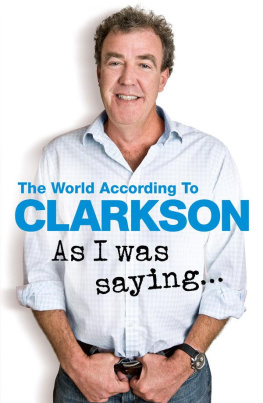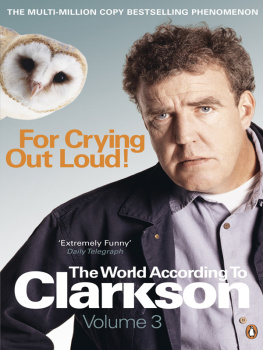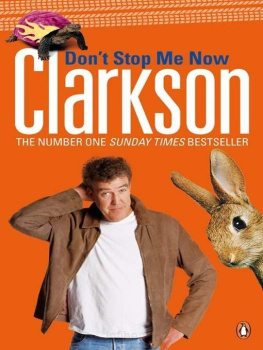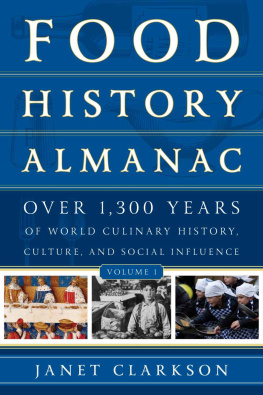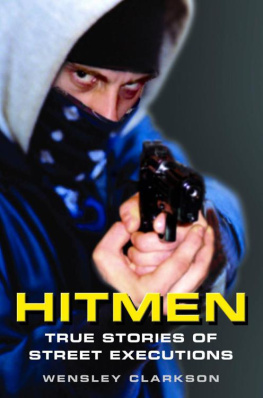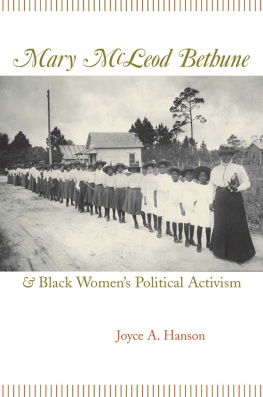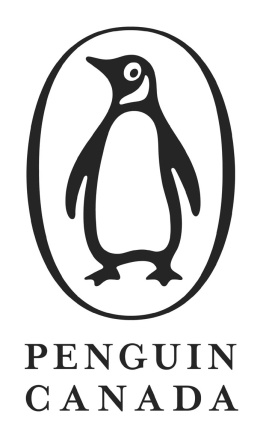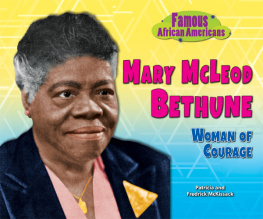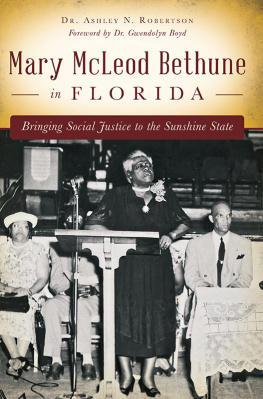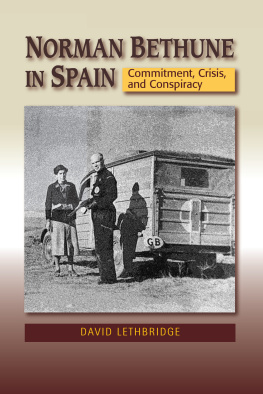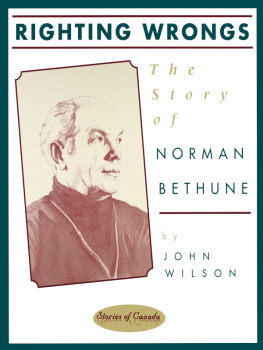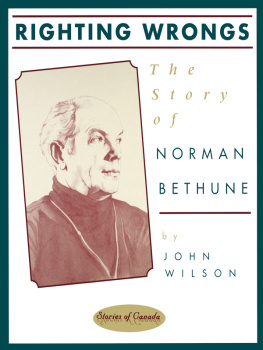Norman Bethune
ALSO IN THE
EXTRAORDINARY CANADIANS
SERIES:
Big Bear by Rudy Wiebe
Lord Beaverbrook by David Adams Richards
Emily Carr by Lewis DeSoto
Tommy Douglas by Vincent Lam
Glenn Gould by Mark Kingwell
Louis-Hippolyte LaFontaine and Robert Baldwin
by John Ralston Saul
Wilfrid Laurier by Andr Pratte
Stephen Leacock by Margaret MacMillan
Rene Levesque by Daniel Poliquin
Nellie McClung by Charlotte Gray
Marshall McLuhan by Douglas Coupland
L.M. Montgomery by Jane Urquhart
Lester B. Pearson by Andrew Cohen
Mordecai Richler by M.G. Vassanji
Louis Riel and Gabriel Dumont by Joseph Boyden
Pierre Elliott Trudeau by Nino Ricci
SERIES EDITOR:
John Ralston Saul
PENGUIN CANADA
Published by the Penguin Group
Penguin Group (Canada), 90 Eglinton Avenue East, Suite 700, Toronto, Ontario, Canada M4P 2Y3
(a division of Pearson Canada Inc.)
Penguin Group (USA) Inc., 375 Hudson Street, New York, New York 10014, U.S.A.
Penguin Books Ltd, 80 Strand, London WC2R 0RL, England
Penguin Ireland, 25 St Stephen's Green, Dublin 2, Ireland (a division of Penguin Books Ltd)
Penguin Group (Australia), 250 Camberwell Road, Camber well, Victoria 3124, Australia
(a division of Pearson Australia Group Pty Ltd)
Penguin Books India Pvt Ltd, 11 Community Centre, Panchsheel Park,
New Delhi- 110 017, India
Penguin Group (NZ), 67 Apollo Drive, Rosedale, North Shore 0745, Auckland, New Zealand
(a division of Pearson New Zealand Ltd)
Penguin Books (South Africa) (Pty) Ltd, 24 Sturdee Avenue, Rosebank,
Johannesburg 2196, South Africa
Penguin Books Ltd, Registered Offices: 80 Strand, London WC2R 0RL, England
First published 2009
1 2 3 4 5 6 7 8 9 10 (RRD)
Copyright Adrienne Clarkson, 2009
Introduction copyright John Ralston Saul, 2009
Excerpts from The Watch That Ends the Night by Hugh MacLennan used with permission of
McGill-Queehs University Press. Lines from poem by Douglas LePan used with permission. Lines from
I Think Continually of Those Who Were Truly Great by Stephen Spender used with permission.
Excerpts from China Nurse 19321939: A Young Canadian Witnesses History by Jean Ewen 1981,
published by McClelland & Stewart Ltd., used with permission of the publisher.
All rights reserved. Without limiting the rights under copyright reserved above, no part of this
publication may be reproduced, stored in or introduced into a retrieval system, or transmitted in any
form or by any means (electronic, mechanical, photocopying, recording or otherwise), without the prior
written permission of both the copyright owner and the above publisher of this book.
ISBN: 978-0-670-006731-2
Manufactured in the U.S.A.
LIBRARY AND ARCHIVES CANADA CATALOGUING IN PUBLICATION
Clarkson, Adrienne, 1939
Norman Bethune /Adrienne Clarkson.
(Extraordinary Canadians)
ISBN 978-0-670-06731-2
1. Bethune, Norman, 1890-1939. 2. SurgeonsCanadaBiography.
I. Title. II. Series: Extraordinary Canadians
R464.B4 C53 2009 617.092 C2009-900467-4
Visit the Penguin Group (Canada) website at www.penguin.ca
Special and corporate bulk purchase rates available; please see
www.penguin.ca/corporatesales or call 1-800-810-3104, ext. 477 or 474
This book was printed on 30% PCW recycled paper 
For Walter B. Mann, 19101995,
my English teacher at Lisgar Collegiate Institute,
from whom I first heard of Norman Bethune
and who encouraged me
to strive, to seek, to find, and not to yield.
CONTENTS
INTRODUCTION BY
John Ralston Saul
How do civilizations imagine themselves? One way is for each of us to look at ourselves through our societys most remarkable figures. Im not talking about hero worship or political iconography. That is a danger to be avoided at all costs. And yet people in every country do keep on going back to the most important people in their past.
This series of Extraordinary Canadians brings together rebels, reformers, martyrs, writers, painters, thinkers, political leaders. Why? What is it that makes them relevant to us so long after their deaths?
For one thing, their contributions are there before us, like the building blocks of our society. More important than that are their convictions and drive, their sense of what is right and wrong, their willingness to risk all, whether it be their lives, their reputations, or simply being wrong in public. Their ideas, their triumphs and failures, all of these somehow constitute a mirror of our society. We look at these people, all dead, and discover what we have been, but also what we can be. A mirror is an instrument for measuring ourselves. What we see can be both a warning and an encouragement.
These eighteen biographies of twenty key Canadians are centred on the meaning of each of their lives. Each of them is very different, but these are not randomly chosen great figures. Together they produce a grand sweep of the creation of modern Canada, from our first steps as a democracy in 1848 to our questioning of modernity late in the twentieth century.
All of them except one were highly visible on the cutting edge of their day while still in their twenties, thirties, and forties. They were young, driven, curious. An astonishing level of fresh energy surrounded them and still does. We in the twenty-first century talk endlessly of youth, but power today is often controlled by people who fear the sort of risks and innovations embraced by everyone in this series. A number of them were deadhanged, infected on a battlefield, broken by their exertionswell before middle age. Others hung on into old age, often profoundly dissatisfied with themselves.
Each one of these people has changed you. In some cases you know this already. In others you will discover how through these portraits. They changed the way the world hears music, thinks of war, communicates. They changed how each of us sees what surrounds us, how minorities are treated, how we think of immigrants, how we look after each other, how we imagine ourselves through what are now our stories.
You will notice that many of them were people of the word. Not just the writers. Why? Because civilizations are built around many themes, but they require a shared public language. So Laurier, Bethune, Douglas, Riel, LaFontaine, McClung, Trudeau, Levesque, Big Bear, even Carr and Gould, were masters of the power of language. Beaverbrook was one of the most powerful newspaper publishers of his day. Countries need action and laws and courage. But civilization is not a collection of prime ministers. Words, words, wordsit is around these that civilizations create and imagine themselves.
The authors I have chosen for each subject are not the obvious experts. They are imaginative, questioning minds from among our leading writers and activists. They have, each one of them, a powerful connection to their subject. And in their own lives, each is engaged in building what Canada is now becoming.
That is why a documentary is being filmed around each subject. Images are yet another way to get at each subject and to understand their effect on us.
The one continuous, essential voice of biography since 1961 has been the Dictionary of Canadian Biography. But there has not been a project of book-length biographies such as Extraordinary Canadians in a hundred years, not since the Makers of Canada series. And yet every generation understands the past differently, and so sees in the mirror of these remarkable figures somewhat different lessons. As history rolls on, some truths remain the same while others are revealed in a new and unexpected way.
Next page
